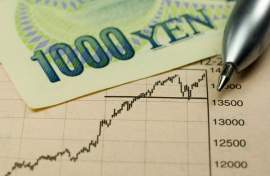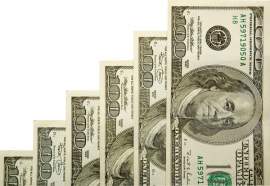
SEC

What is the SEC? The SEC is an acronym for the Securities and Exchange Commission, which is the regulatory body mandated by the Federal government of the United States employed to investigate and regulate matters involving financial and investment activity of the public, commercial market. The History of the SEC The SEC was founded in 1934; many historians attribute the formation of the SEC to the stock market crash, which had occurred only years prior in 1929 – this stock market crash is oftentimes referred to as ‘The Stock Market Crash of 1929’. Subsequent to this crash of the stock market, a national depression and economic recession swept over the United States, credited in part to the crash of the stock market. Although no definitive attribution exist with regard to the exact reasons for the Stock Market Crash of 1929, both historians and economists have managed to place the some of the responsibility for the crash – and subsequent economic downturn – to a drastic decline in the valuation of stocks traded within the stock market at the time: As the stock prices began to fall, a panic swept over a multitude of investors who quickly rushed to exchange their respective stocks prior to further decreases in value The economic devastation resulting from the Stock Market Crash of 1929 prompted to the Federal Government to create an agency to regulate trade and exchange activity occurring within the open market in order to avoid the repeat of such a catastrophic event; this resulted in the creation of the SEC What is the Open Market? Public trading conducted within the realm of the stock market, which is oftentimes referred to as the ‘Commercial Market’ or the ‘Open Market’ must be undertaken in methodologies authorized by the SEC; these guidelines ensure that the activities occurring with regard to both invest and finance are conducted in a manner that is conducive to any and all legality expressed within applicable legislature – the following activities are both regulated and authorized by the SEC: The commercial trade and exchange of securities, which include bonds, security certificates, and bank notes The commercial trade and exchange of stock or shares belonging to publically traded companies The behavior and activities undertaken by both private investors, as well as investors represented by financial and investment firms The professional activity of financial firms, publically-traded companies, conglomerate organizations, financial firms, and investment institutions What Does the SEC Do? The creation of the SEC allowed for the Federal Government to undertake regulation of investment activity with regard to the procedures undertaken by any or all individuals participating in commercial market activity; in theory, SEC regulation is considered to allow for the Federal Government to enact a measure of damage control with regard to addressing legal, financial issues prior to catastrophic development: The SEC undertakes the regulation of commercial trade activity The SEC enacts the mandating of any or all lawful and ethical trade and exchange activity taking place The Sec provides commercial investors and potential investors alike with documented reporting and information with regard to the background, legality, financial history, and legal review of all publically-traded companies



















